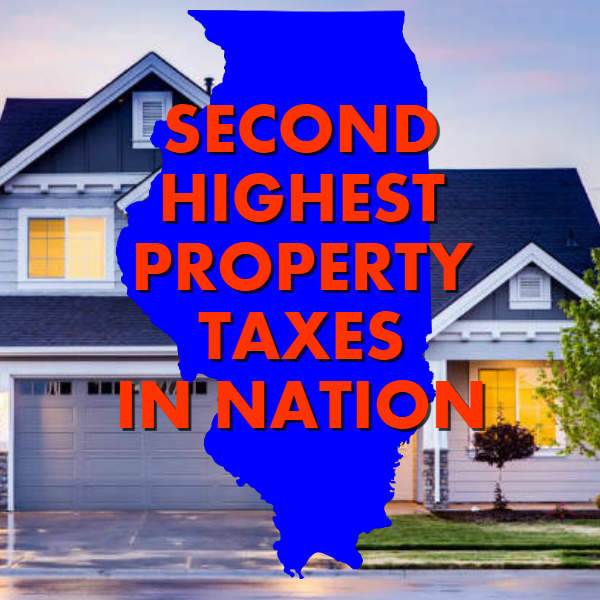
A recent study has concluded that Illinois has the second highest property taxes in the nation, second only to the state of New Jersey.
Complaining about property taxes is a common pastime in this country, but if you’re an Illinois resident, you can be assured that it’s not your imagination. Illinois has the second highest property taxes in the country.
The finding comes from an article “States with the Highest Property Taxes” from Realtor.com which used data from a survey “2018’s Property Taxes by State” conducted by WalletHub.com.
The Illinois statewide average effective tax rate is 2.32%, nearly double the national average according to Smart Asset. The average homeowner in Illinois pays $4,058 annually in property taxes. Many residents in Chicago and the surrounding counties pay more.
Top 10 states with the highest property taxes
New Jersey: $7,601 (2.4%)
Illinois: $4,058 (2.32%)
New Hampshire: $5,241 (2.19%)
Connecticut: $5,443 (2.02%)
Wisconsin: $3,257 (1.95%)
Texas: $2,654 (1.86%)
Nebraska: $2,506 (1.83%)
Vermont: $3,893 (1.78%)
Michigan: $2,185 (1.71%)
Rhode Island: $3,929 (1.65%)
Top 10 states with the lowest property taxes
Hawaii: $1,459 (0.27%)
Alabama: $550 (0.43%)
Louisiana: $750 (0.51%)
Delaware: $1,274 (0.55%)
District of Columbia: $2,811 (0.56%)
Colorado: $1,516 (0.57%)
South Carolina: $821 (0.57%)
West Virginia: $629 (0.59%)
Wyoming: $1,223 (0.61%)
Arkansas: $721 (0.63%)
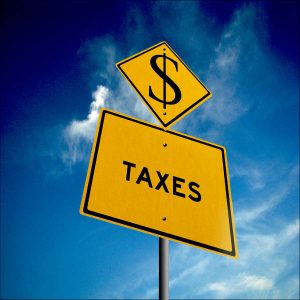 New tax codes will be felt
New tax codes will be felt
For high property tax states such as Illinois, New Jersey, and New Hampshire, it will be getting even worse once the new tax code kicks in next year.
In the past, property taxes were a separate tax deduction you could take in full. Starting in 2018, property taxes will be part of a lump deduction along with state and local sales and income taxes that will be capped at $10,000, even for those married filing jointly.
The effect of high property taxes on Illinois
Property taxes are not just an afterthought when buying a home. They can cause buyers to steer clear of certain areas. Illinois is suffering from four straight years of population loss, and in 2017 it dropped from the fifth largest state to the sixth.
Related: High Property Taxes Sending Illinois Homeowners Towards a Cliff
“I have shown buyers properties that they fell in love with, only to say a big fat no because the taxes were too high,” says real estate agent Denise Supplee at SparkRental.com. “So, property taxes do matter! And the new cap of $10,000 on property and other taxes will only make it more difficult for high-property-tax states.”
There are other factors in play when it comes to the overall cost of living other than property taxes.
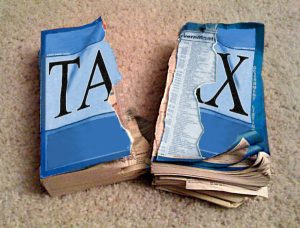 “Every state has their own mixture of taxes that they rely on to fund government services, primarily schools,” says Norton Francis, a senior research associate at the Urban-Brookings Tax Policy Center, a think tank.
“Every state has their own mixture of taxes that they rely on to fund government services, primarily schools,” says Norton Francis, a senior research associate at the Urban-Brookings Tax Policy Center, a think tank.
States with lower property taxes may have higher income or sales taxes. Some states with higher property taxes have lower income or sales taxes. Some states rely heavily on surcharges for gasoline and cigarettes. Often times, areas with the highest property taxes also have some of the best schools.
Taxes are only one variable that people consider when it comes to buying a home or deciding where to move. One must also consider factors such as job opportunities, schools, and crime rates.
Even considering other factors though, Illinois’ second-highest property taxes in the country is likely contributing to the state’s population loss.
* Advertising Material: To the extent that the information in this post is interpreted as attorney advertising in accordance with the Illinois Rules of Professional Conduct or within the meaning of state bar rules from all other localities, this statement is made pursuant to those rules.
Specialties: Specialization claims are prohibited by Illinois Supreme Court Rules and we do not claim to be specialists. The content of this e-mail is organized and presented for the sole purpose of general information. None of the included content should be construed as legal advice. Viewing this e-mail or e-mailing the account holder does not create an attorney-client relationship. NOTICE: This page may be considered advertising material.
 The Law Offices of Lora Fausett P.C. provides real estate law services including loan modifications, buying and selling legal assistance, short sales and deeds in lieu, mortgage foreclosure defense, and more.
The Law Offices of Lora Fausett P.C. provides real estate law services including loan modifications, buying and selling legal assistance, short sales and deeds in lieu, mortgage foreclosure defense, and more.
Located in Glen Ellyn, Illinois and serving clients in DuPage, Cook, Kane, Will, and Kendall Counties.
For Information Call 630-858-0090
Sources:
2018’s Property Taxes by State – WalletHub
These States Have the Highest Property Taxes, but a Possible Loophole Offers Hope – Realtor
Should You Steer Clear of the States With the Highest Property Taxes? – Realtor
Best and Worst States for Property Taxes – The Balance
Illinois drops from the fifth-largest state to No. 6 – Chicago Tribune


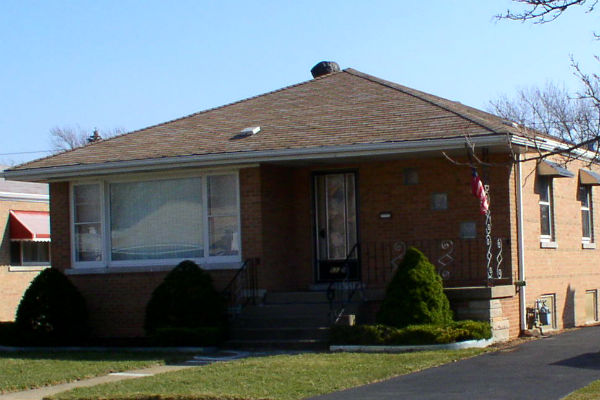
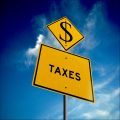 “I extended the deadline so all seniors have extra time to return their applications to ensure they receive the expanded exemption savings this year.
“I extended the deadline so all seniors have extra time to return their applications to ensure they receive the expanded exemption savings this year. To qualify for the Senior Freeze Exemption for Tax Year 2017, taxpayers must have:
To qualify for the Senior Freeze Exemption for Tax Year 2017, taxpayers must have: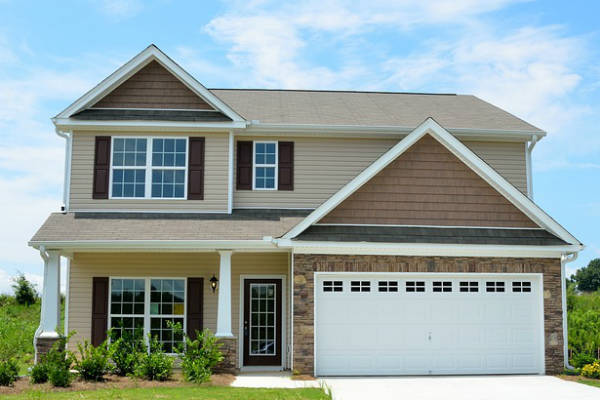
 Disabled Persons’ Homestead Exemption
Disabled Persons’ Homestead Exemption Provides qualified veterans an annual reduction in the assessed value of the primary residence occupied by a disabled veteran each year depending on the percentage of the veteran’s service-connected disability.
Provides qualified veterans an annual reduction in the assessed value of the primary residence occupied by a disabled veteran each year depending on the percentage of the veteran’s service-connected disability. The Homestead Improvement Exemption provides an exemption of up to $25,000 of assessment increase due to home improvement. This exemption can continue for four years.
The Homestead Improvement Exemption provides an exemption of up to $25,000 of assessment increase due to home improvement. This exemption can continue for four years.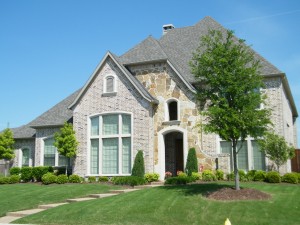 The Returning Veterans’ Homestead Exemption provides for a one-time $5,000 reduction in the assessed value of the veteran’s principal residence for two consecutive tax years when the veteran returns from active duty in an armed conflict involving the armed forces of the United States.
The Returning Veterans’ Homestead Exemption provides for a one-time $5,000 reduction in the assessed value of the veteran’s principal residence for two consecutive tax years when the veteran returns from active duty in an armed conflict involving the armed forces of the United States.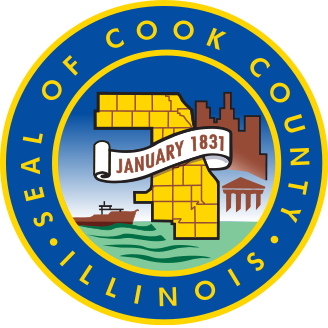 Cook County 2016 property tax bills for the second installment were sent out to homeowners by June 30, 2017.
Cook County 2016 property tax bills for the second installment were sent out to homeowners by June 30, 2017.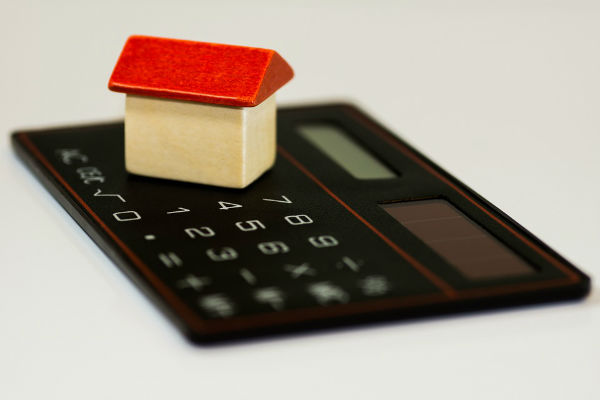
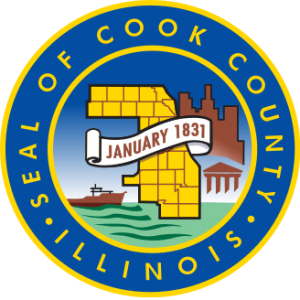 It was another investigative story from their ongoing watchdog series “
It was another investigative story from their ongoing watchdog series “ “But when I looked up the properties that it compared to my own, I found one to be a two-story brick home across town. Another was a dilapidated home in an industrial area for which no one in his or her right mind would pay $160,000. In fact, that same home was sold a few years ago at auction for $2,000, and it still sits vacant and in disrepair.”
“But when I looked up the properties that it compared to my own, I found one to be a two-story brick home across town. Another was a dilapidated home in an industrial area for which no one in his or her right mind would pay $160,000. In fact, that same home was sold a few years ago at auction for $2,000, and it still sits vacant and in disrepair.”